-
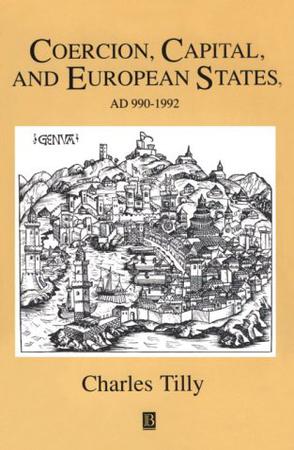
Coercion, Capital and European States
In this pathbreaking work, now available in paperback, Charles Tilly challenges all previous formulations of state development in Europe. Specifically, Tilly charges that most available explanations fail because they do not account for the great variety of kinds of states which were viable at different stages of European history, and because they assume a unilinear path of state development resolving in today's national state. -
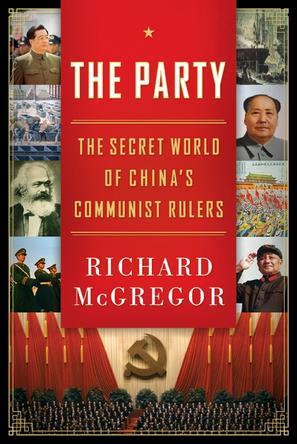
The Party
An eye-opening investigation into China's Communist Party and its integral role in the country's rise as a global superpower and rival of the United States China's political and economic growth in the past three decades is one of astonishing, epochal dimensions. The country has undergone a remarkable transformation on a scale similar to that of the Industrial Revolution in the West. The most remarkable part of this transformation, however, has been left largely untold—the central role of the Chinese Communist Party. As an organization alone, the Party is a phenomenon of unique scale and power. Its membership surpasses seventy-three million, and it does more than just rule a country. The Party not only has a grip on every aspect of government, from the largest, richest cities to the smallest far-flung villages in Tibet and Xinjiang, it also has a hold on all official religions, the media, and the military. The Party presides over large, wealthy state-owned businesses, and it exercises control over the selection of senior executives of all government companies, many of which are in the top tier of the Fortune 500 list. In The Party, Richard McGregor delves deeply into China's inner sanctum for the first time, showing how the Communist Party controls the government, courts, media, and military, and how it keeps all corruption accusations against its members in-house. The Party's decisions have a global impact, yet the CPC remains a deeply secretive body, hostile to the law, unaccountable to anyone or anything other than its own internal tribunals. It is the world's only geopolitical rival of the United States, and is steadfastly poised to think the worst of the West. In this provocative and illuminating account, Richard McGregor offers a captivating portrait of China's Communist Party, its grip on power and control over China, and its future. -
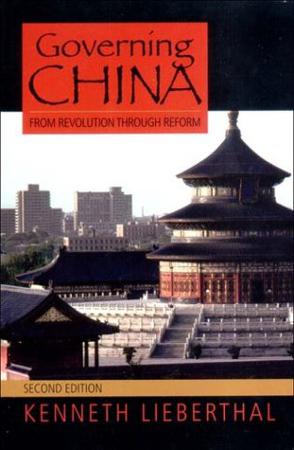
Governing China
Governing China: From Revolution to Reform , the leading text for courses on Chinese politics has been thoroughly revised and updated. The new Second Edition includes discussions of: The consumer revolution that has brought China’s major urban areas to the forefront of the developed world and created a new middle class An expanding private sector that has become the major generator of new employment in the overall economy as the state sector has shed jobs The increase in foreign direct investment which has set China on track to becoming the manufacturing center of the world. An enormous population migration from rural to urban areas and from the interior to the coast that is becoming one of the most massive movements of people in human history, and its significant impact on the environment The unprecedented integration into the international economic system as China has joined virtually every major multilateral regime The reactions of the top and the bottom of the political system to these recent developments and the continuing struggles between the government’s large bureaucratic structures and sporadic popular political movements. -
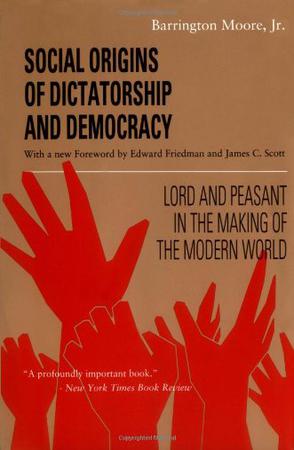
Social Origins of Dictatorship and Democracy
"A landmark in comparative history and a challenge to scholars of all lands who are trying to learn how we arrived at where we are now." -The New York Times Book Review -
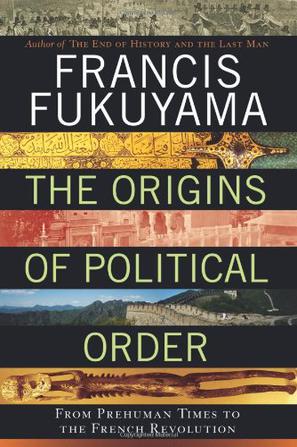
The Origins of Political Order
Virtually all human societies were once organized tribally, yet over time most developed new political institutions which included a central state that could keep the peace and uniform laws that applied to all citizens. Some went on to create governments that were accountable to their citizens. We take these institutions for granted, but they are absent or are unable to perform in many of today’s developing countries—with often disastrous consequences for the rest of the world. In The Origins of Political Order, Francis Fukuyama, author of the bestselling The End of History and the Last Man, provides a sweeping account of how today’s basic political institutions developed. The first of a major two-volume work begins with politics among our primate ancestors and follows the story through the emergence of tribal societies, the growth of the first modern state in China, the beginning of a rule of law in India and the Middle East, and the development of political accountability in Europe up until the eve of the French Revolution. Drawing on a vast body of knowledge—history, evolutionary biology, archaeology, and economics—Fukuyama has produced a brilliant, provocative work that offers fresh insights on the origins of democratic societies and raises essential questions about the nature of politics. -
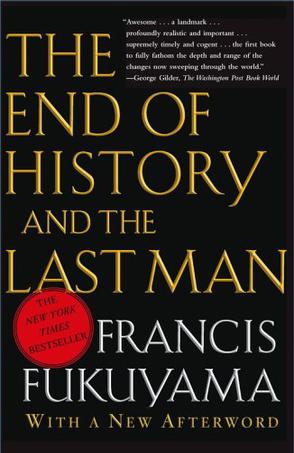
The End of History and the Last Man
Ever since its first publication in 1992, The End of History and the Last Man has provoked controversy and debate. Francis Fukuyama's prescient analysis of religious fundamentalism, politics, scientific progress, ethical codes, and war is as essential for a world fighting fundamentalist terrorists as it was for the end of the Cold War. Now updated with a new afterword, The End of History and the Last Man is a modern classic.